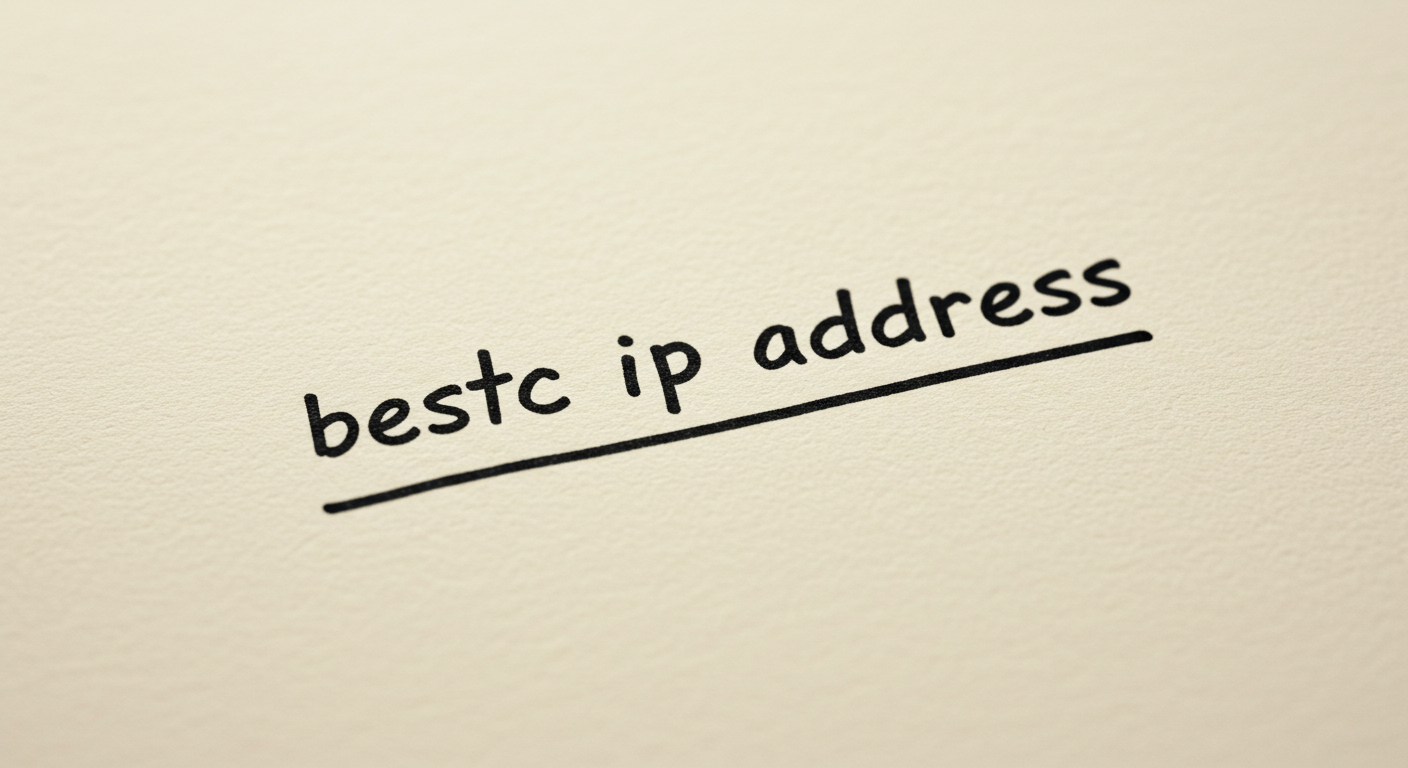In today’s interconnected world, unfamiliar digital identifiers like 185.63.253.2pp can raise eyebrows. While it resembles a standard IP address, the appended “pp” deviates from conventional formats, prompting questions about its purpose and safety. This article delves into the nature of 185.63.253.2pp, exploring its possible interpretations, associated risks, and best practices for digital security.
Decoding 185.63.253.2pp
At first glance, 185.63.253.2pp appears to be an IP address. However, standard IPv4 addresses consist of four numerical segments separated by periods (e.g., 185.63.253.2). The additional “pp” suffix is atypical and suggests a non-standard usage.screengamma.com+2Tech K Times+2Tidings Media+2
Possible Interpretations:
-
Proxy Server Identifier: The “pp” suffix might denote a proxy server, indicating that the IP is part of a network designed to mask user identities or reroute traffic.Tidings Media
-
Custom Labeling: Organizations sometimes append identifiers to IP addresses for internal tracking or categorization purposes.Tidings Media+2Tidings Media+2waterwaysmagazine.com+2
-
Obfuscation Technique: Cyber actors may use such formats to disguise malicious links or redirect users through cloaked URLs.Tidings Media
Regardless of its origin, any mention of 185.63.253.2pp should be approached with caution and analyzed before interaction. Tidings Media
Potential Risks Associated with 185.63.253.2pp
While 185.63.253.2pp might not be inherently malicious, its unconventional format raises several concerns:Tidings Media+1makonitech.com+1
1. Data Harvesting:
Connecting to unknown IPs can expose users to data collection practices, where personal information, browsing habits, or cookies might be harvested without consent.
2. Credential Phishing:
Redirects could lead to spoofed login pages designed to steal usernames and passwords, compromising personal and organizational security.Tidings Media
3. System Exploits:
Some links may trigger malware downloads or exploit system vulnerabilities without explicit user permission, leading to potential system compromises.Tidings Media
Given these risks, it’s essential to remain vigilant and implement protective measures when encountering unfamiliar digital identifiers. Tidings Media
Best Practices for Digital Safety
To safeguard against potential threats associated with identifiers like 185.63.253.2pp:
Install Reputable Security Software:
Ensure that your devices have up-to-date antivirus and antimalware programs that can detect and block suspicious activities.
Utilize Advanced Firewalls:
Employ firewalls with deep packet inspection capabilities to monitor and filter traffic, identifying and blocking anomalous data packets.Tidings Media
Exercise Caution with Unknown Links:
Avoid clicking on unfamiliar or suspicious links, especially those resembling IP addresses with unusual suffixes.Tidings Media+1makonitech.com+1
Regularly Update Software:
Keep all software, including operating systems and applications, updated to patch known vulnerabilities that could be exploited.Tidings Media
By adhering to these practices, users can enhance their digital resilience against potential threats. Tidings Media
FAQs
Q1: Is 185.63.253.2pp a legitimate IP address?
No, standard IP addresses do not include alphabetic suffixes like “pp.” This format suggests a non-standard or obfuscated identifier.Tech K Times+2Tidings Media+2makonitech.com+2
Q2: Can I safely ignore 185.63.253.2pp?
While it might be harmless in some contexts, it’s prudent to approach such identifiers with caution and avoid interaction unless verified.Tidings Media
Q3: What should I do if I encounter 185.63.253.2pp?
Avoid clicking on links or interacting with content associated with this identifier. Consider reporting it to your IT department or a cybersecurity professional.
Conclusion
The digital landscape is rife with unconventional identifiers like 185.63.253.2pp, which, while not inherently malicious, warrant careful scrutiny. By understanding their potential implications and adopting robust cybersecurity practices, users can navigate the online world more safely and confidently.




